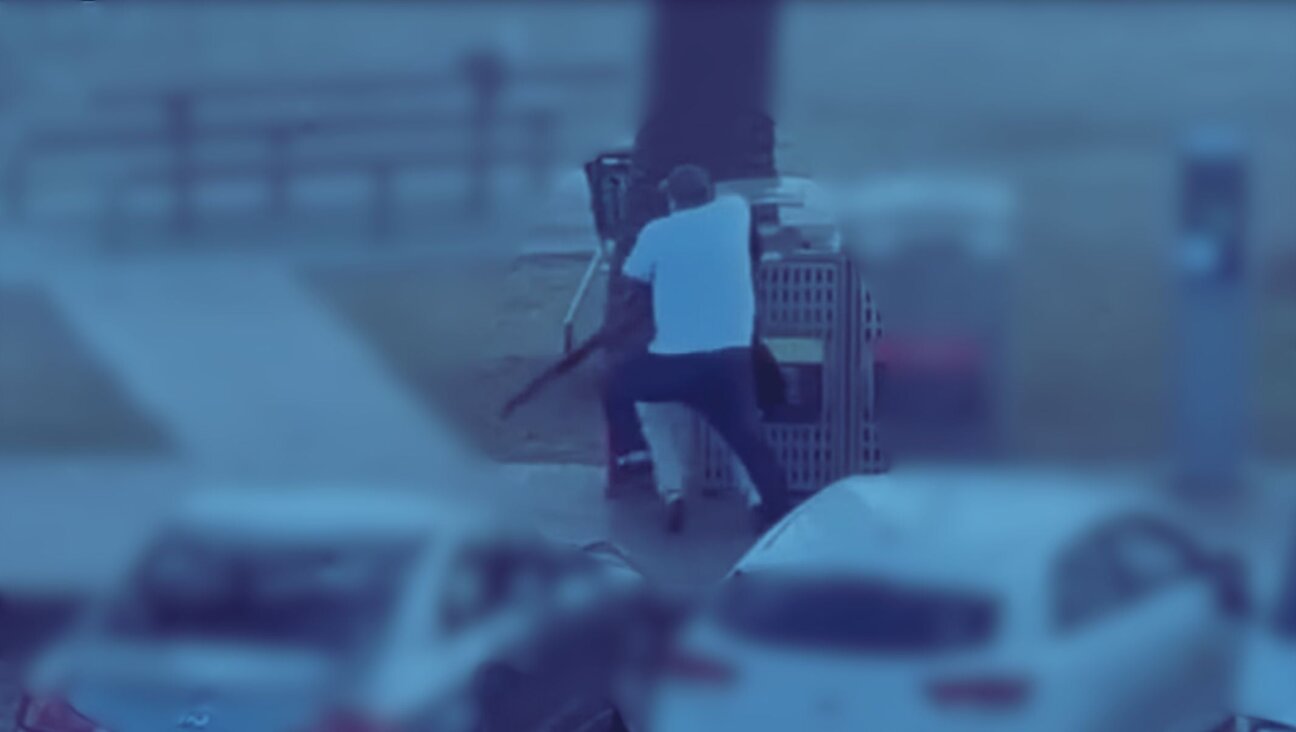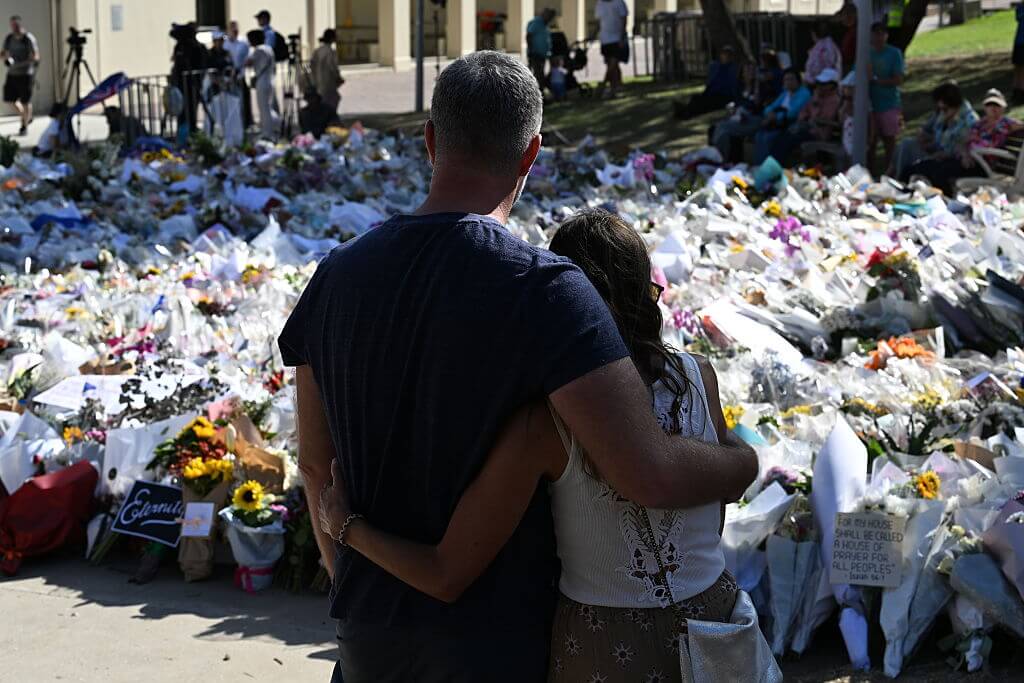Israel and the Swiss Banks
With Israel facing unprecedented diplomatic isolation, and with antisemitic rhetoric and imagery surging to dangerous levels around the world, Jerusalem could not have picked a worse time to pick a fight with a Brooklyn federal court over its share of the $1.25 billion settlement between Holocaust survivors and Swiss banks.
The Swiss bank restitution fund has been a subject of embarrassing brawls ever since it was set up in the 1998 class action settlement between Holocaust victims and the banks they say looted their accounts. While most of the money was reserved for individual bank depositors who were denied access to their accounts after the war, a small share was set aside to assist needy Holocaust survivors around the world. Ever since, survivor advocates and their lawyers have been squabbling over who should get how much of the cash, to the delight of Holocaust-deniers and Jew-haters everywhere.
It was into this mire that Israel jumped headfirst last week with a sharply-worded memorandum to U.S. District Judge Edward Korman, demanding that Israel receive nearly half of any funds left over after the legal claims have been satisfied. The stated logic is largely that Israel is, by its own calculations, home to nearly half of all living Holocaust survivors, and the money should go where the people are. The memo also claims that Israel’s social service network is under huge pressure, and that the needs are greater than is commonly known.
As it happens, Korman decided early on to give priority to destitute survivors in the former Soviet Union, where economic collapse, compounded by years of isolation and neglect, have led to horrendous conditions. Fully three-fourths of the available funds have gone to provide emergency food and medicine to aging survivors in and around Ukraine. Much smaller sums have gone to meet survivor needs in the United States, Israel and other places where the court ruled that existing social safety nets obviated the worst need. Repeated appeals to distribute funds on the basis of population — in effect, to give a larger share in places where more survivors live, regardless of need — have been firmly rejected.
The debate is heating up again now because it’s becoming clear that some of the money reserved for the original bank-account owners will never be claimed. Indeed, of the $800 million set aside for depositors, only $155 million has been returned to date. Under pressure to give out the rest while survivors are still alive, Judge Korman agreed to accept new proposals last winter. The court’s special master, Judah Gribetz, recommended recently that the court stick largely to its earlier formula and direct most available funds to the former Soviet Union, where the human needs remain desperate. Korman agreed to hear opposing arguments at a public hearing this week.
It is true, as Israel argues, that a significant number of the destitute survivors in the former Soviet Union have relocated to Israel in recent years, increasing Israel’s burden. That’s why Gribetz increased Israel’s share of future humanitarian funds from 14% to 20% in his latest round of recommendations.
But many other Israeli arguments are specious. The crisis in social welfare is largely a result of government cuts driven by a neoliberal, Thatcherite economics. It’s true that Israel must cope with a huge defense burden and declining international investment. It’s also true that Israel has managed over the past two decades to work its way from first to last among industrialized nations in income equality. It’s not clear that this is the sort of hardship for which the Swiss humanitarian funds were intended.
As for the undercount of its survivor population, that’s questionable at best. Israel’s numbers are based in part on a recent study that counts as Nazi victims persons who lived during World War II in countries like Egypt and Iraq where the local populace sympathized with Hitler. With all due respect, that’s not what is meant by Holocaust victims.
Israel has legitimate burdens and fears, and it is entitled to turn to friends and allies abroad for assistance. But the tone and content of its latest appeal to the U.S. district court in Brooklyn carry an unfortunate odor of opportunism. It looks as though Israel sees those looted Holocaust-era bank accounts as an available pool of money to close its budget gap, and it wants that money. That’s the last thing the world needs to hear right now.
















